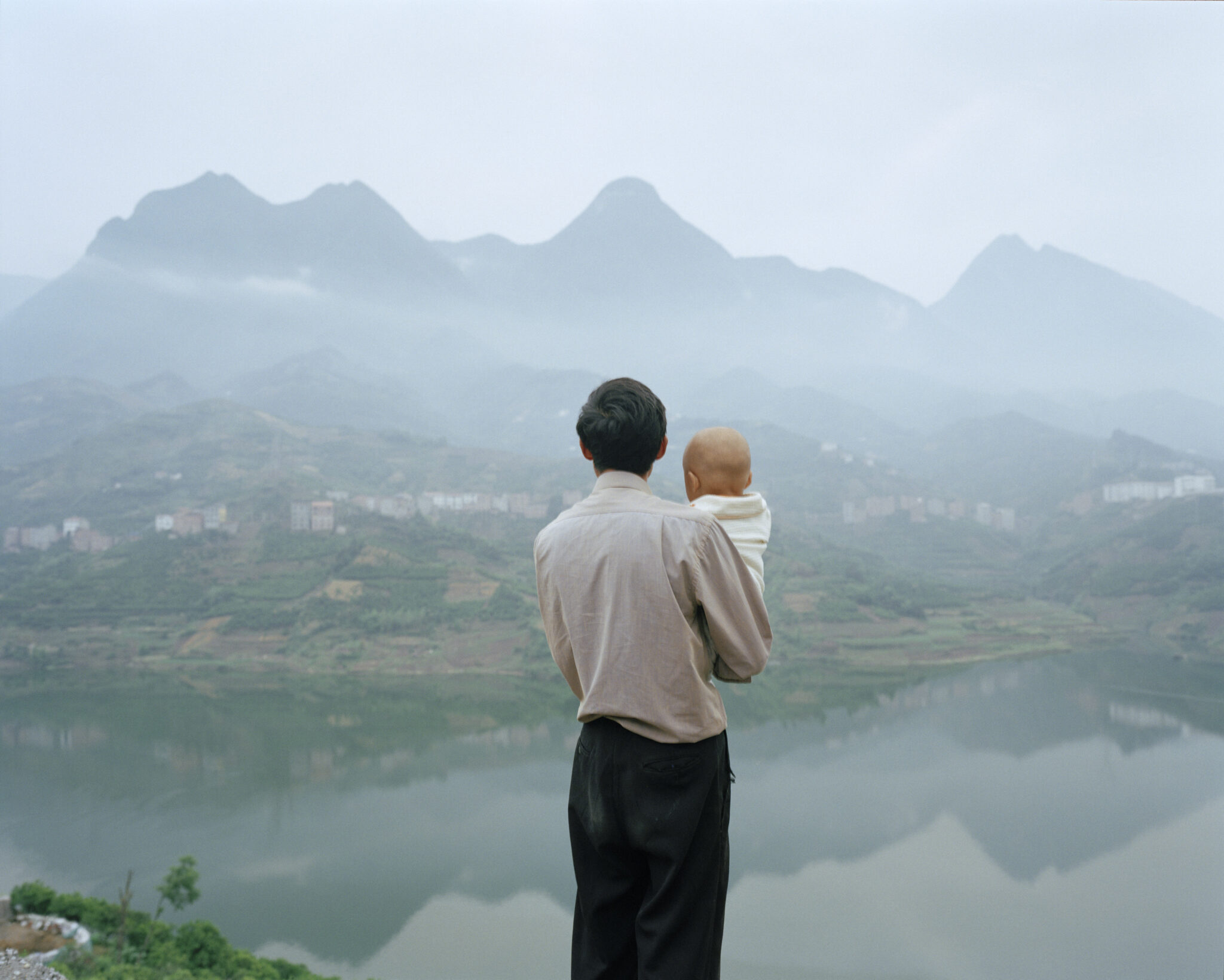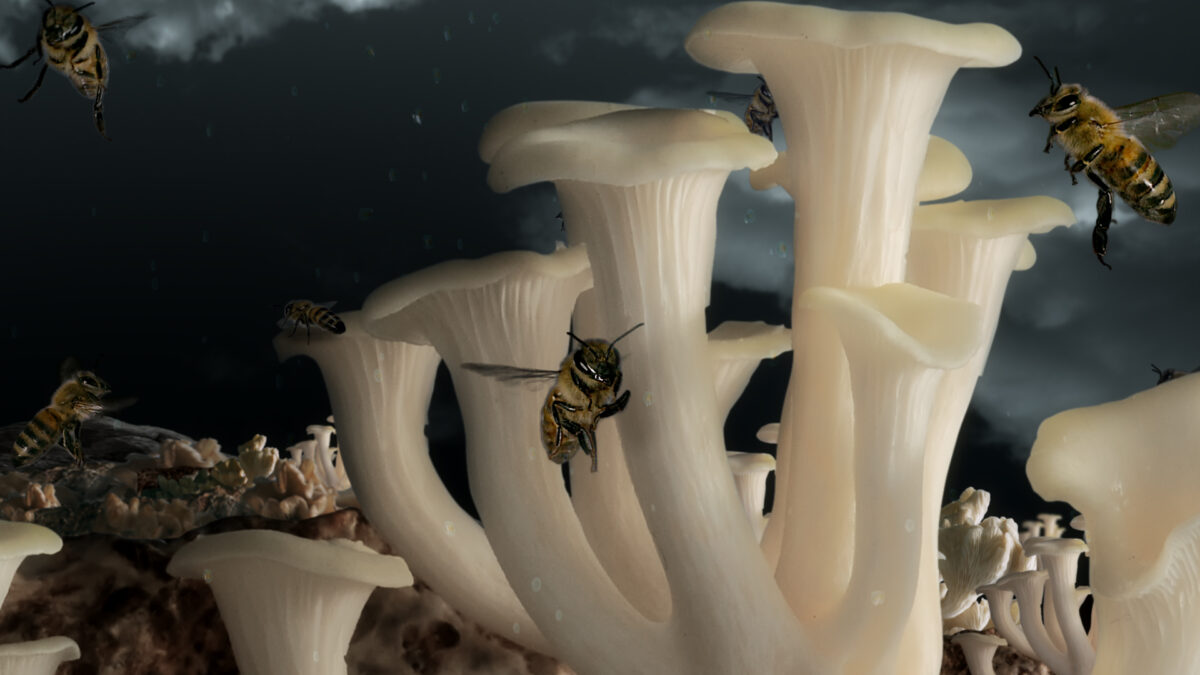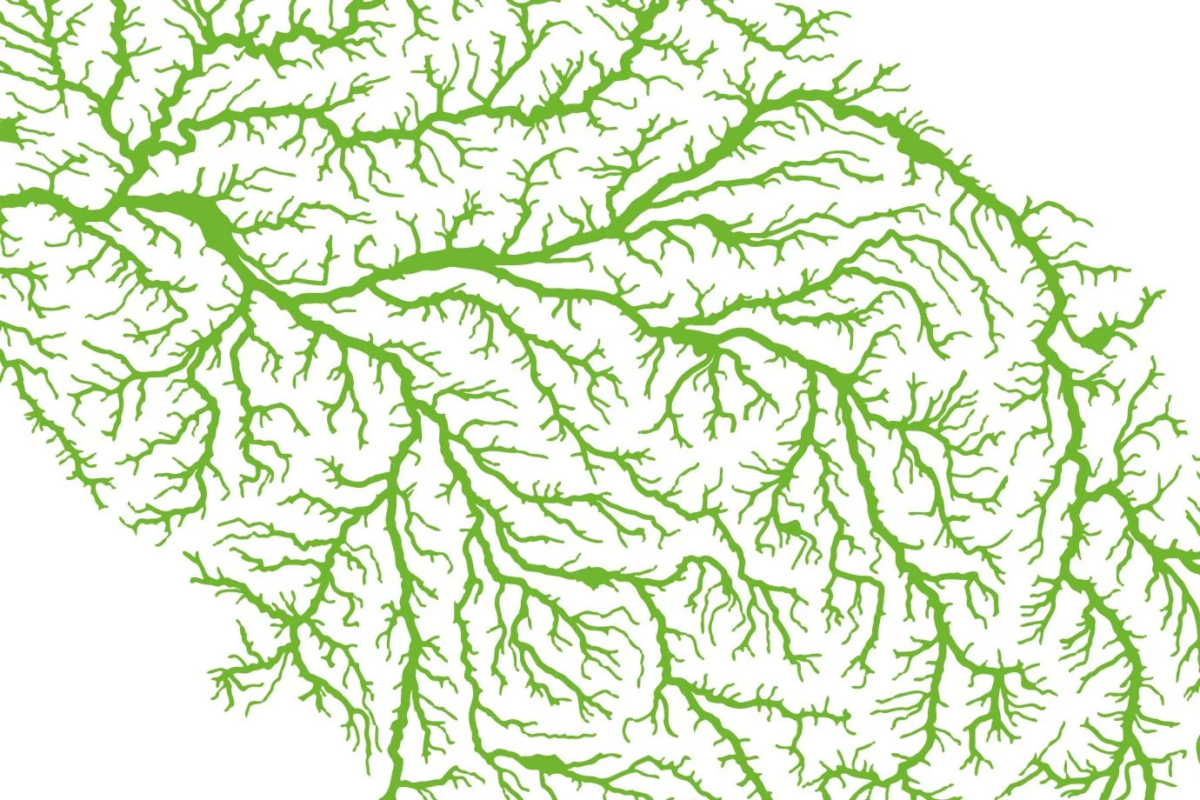
𝐏𝐀𝐑𝐀𝐃𝐄 𝐏𝐀𝐑𝐔𝐑𝐄 𝐏𝐀𝐘𝐒𝐀𝐆𝐄 – Vanina Langer & Magali Wehrung
Join us at Le Préavie for the inauguration of PARADE PARURE PAYSAGE by Vanina Langer & Magali Wehrung! After GLORIA,…

Société Générale has given Lauranne Germond (COAL) carte blanche to design an exhibition based on her collection on ecological issues. Through the works of some fifty international artists, L’Eau et le Diamant questions the notion of natural capital and the value of nature.
Image credits: 2006年5月9日 湖北 秭归 2006.5.9 THREE GORGES ZIGUI HUBEI
Published on 23 June 2023
What is the value of the wind’s caress that spreads the seeds across the plains? How much is a sunset or the brilliance of a bird chorus at daybreak? What can rival the glorious richness of forests and the masterful mechanics of a watershed? Nature’s resources have a value, their destruction has a cost, but does nature have a price?
These questions were echoed in the 18th century when the economist Adam Smith, author of
Investigations into the Nature and Causes of the Wealth of Nations
In this context, the paradox of water and diamonds illustrates the distinction between use value and exchange value. Whether we are talking about natural capital, monetization of its resources, or ecosystem services, many attempts have emerged in recent decades to introduce the value of nature into financial systems. For some, it is the guarantee of finally recognizing that a preserved environment is the necessary foundation of the market economy; for others, it is only a utilitarian and inept vision, which further threatens the integrity of nature.
While the factors of ecological and economic crisis converge a little more each day and the continuous growth in a finite world seems more and more illusory, it is all our scales of values which crack. The Water and Diamond exhibition reminds us of the importance of our connection to nature and the paradoxes of our relationship to the Earth. Historically, artists are relays of sensitivity to the environment, to landscapes, to the richness of life. Here, through some fifty works from the Société Générale collection and a few borrowed works, they invite us to reconsider the right to beauty and wonder in a world that is dwindling, to evaluate irremediable losses, and to appreciate the intrinsic value of nature, this common good that transcends us.
With artists from the Société Générale Collection
Per BARCLAY – François BARD – Arnaud BAUMANN – Mathieu BERNARD-REYMOND – Romain BERNINI – Raphaëlle BERTRAN – Elina BROTHERUS – Edward BURTYNSKY – Stéphane COUTURIER – Henri CUECO – Thibaut CUISSET – Julien DES MONSTIERS – Nicolas FLOC’H – GAO Brothers – François-Xavier GBRE Suzanne HUSKY – Sung JI-YEON – Nadav KANDER – Panos KOKKINIAS – Richard LONG – Dan LUO – Marie MAILLARD – Pascal MAITRE – Didier MARCEL – Jivya Soma MASHE – Patrick MESSINA – Rui MOREIRA – Wilhelm MUNDT – Vik MUNIZ – Otobong NKANGA – Javier PÉREZ- . Aleix PLADEMUNT – Éric POITEVIN – Andrée POLLIER – Viviane SASSEN – Berni SEARLE – Marjan TEEUWEN – Nils UDO – Matej Andraž VOGRINČIČ – Andy WARHOL – Alžběta WOLFOVÁ
and guest artists
Elsa GUILLAUME – New Ministry of Agriculture (Suzanne Husky & Stéphanie Sagot) – Melik OHANIAN
EXHIBITION VIEWS
Join us at Le Préavie for the inauguration of PARADE PARURE PAYSAGE by Vanina Langer & Magali Wehrung! After GLORIA,…
In the spring of 2024, COAL presented in Paris the first edition of COALITION, a major multidisciplinary exhibition celebrating the…
As a partner in the project, we are delighted to share with you the next highlight of “Vers une internationale…

